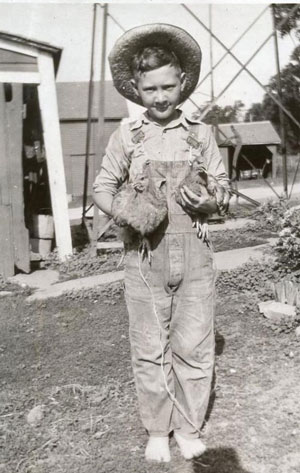Ten years ago, I tested my father for his DNA. His second great-grandfather was and still is an enigma for the family. William Coley was born in 1822 in South Carolina. About three years after the test, I received a phone call from a distant cousin whom I had met a few times. After customary greetings, he dropped the bomb on me. We were not members of the Coley family, but our DNA corresponded with that of a McLendon family who were originally from North Carolina.

Two thoughts went through my mind. My father had died in 2012 so there was no possible way to redo the DNA test. The second thought was more bizarre. I had recently finished family history research for a gentleman in California. One of the lines I found was a McLendon who came to the colonies in the late 1600s.
While talking to the distant cousin, he asked if I had any ideas how this happened. My theory, to this day, is that the McLendon family had some sort of catastrophic event. Maybe one or both of the parents died or were killed. Maybe there was an illegitimate birth. Maybe there were too many mouths to feed, and the family gave the child to a family with no children. And there are numerous “maybes”.
The birth information I have came from a census record much later in the 1800s. But given that, and stories about the family living in the foothills of the South Carolina mountains, I believe they were a backwoods family. I had just read a biography of young Andrew Jackson whose childhood was unbelievably poverty stricken.
Using more census records, I believe that William never learned to read and write. He took the name Coley from the family who raised him with no legal arrangements, such as adoption. The first time I find him was in northern Georgia. From there he moved to Tennessee and Alabama. All are really short distances apart. He married and fathered several children, including my ancestor John Samuel Coley.
At the time all of this information popped up, I was up to my ears in a book I was working on. I gradually forgot about William and John Samuel and my genealogy family members passed away. Last weekend I was at a reunion in Merit, my husband’s family hometown.
I found myself talking to two delightful female twins. They were so cute, lively and happy. Someone told me they were in their early 80s. One of the ladies told me that she missed the genealogy articles I wrote. And then she told me a whopper.
Her grandmother was just a toddler when her mother died. The father was quite elderly but agreed to raise this child, would feed, clothe, provide shelter for her. He sent her to school and gave her a Bible. When the grandmother died many years later, the twins found a document verifying this agreement.
I have always thought that whoever raised William Coley had no money for the cost of an adoption but took the child into their home, gave him food, clothing, and care. The twins’ grandmother received the same care. Unfortunately for genealogists, we may never find the documents with proof. We must hope for more family stories.
